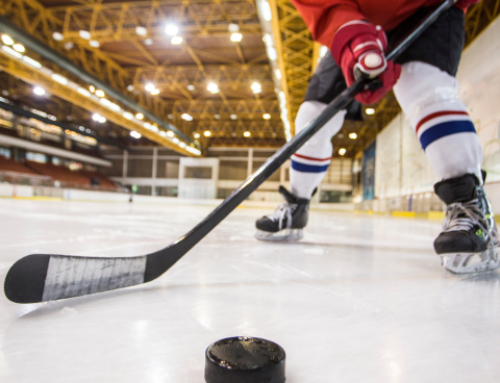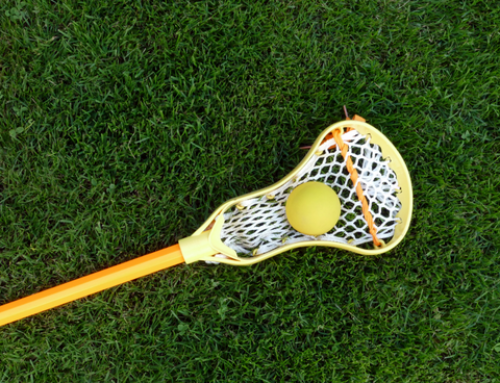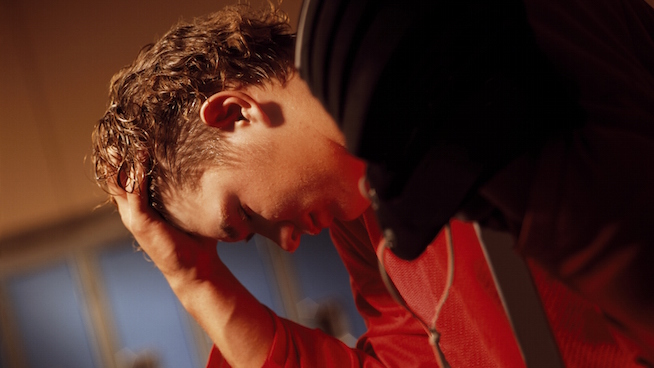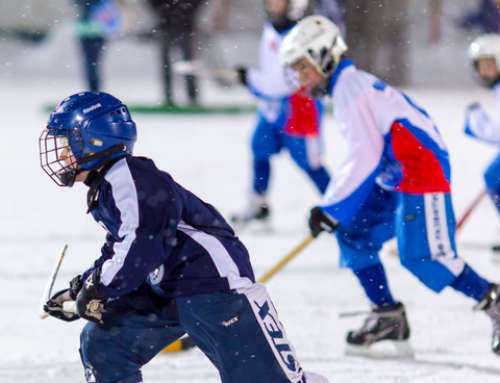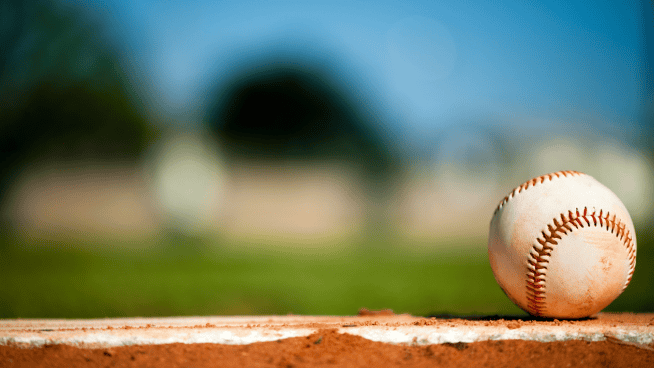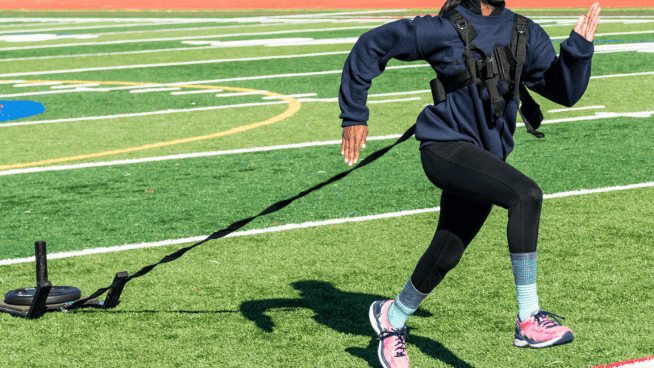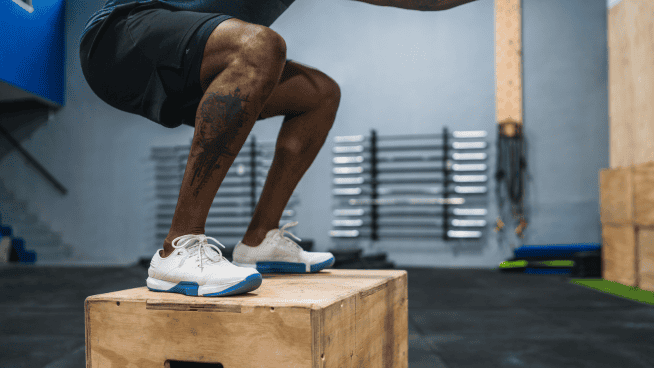Goalie Brain Training: Dominate Shootouts and Breakaways
Goalies, do you get anxious just imagining a shootout or an unpredictable breakaway? In these one-on-one situations, goalies commonly fall victim to overthinking instead of trusting their instincts.
Eliminate apprehension from your game completely with positive imagery. This is where you mentally create an image of a scenario, like a breakaway, so you can anticipate it and defend it successfully next time. Think of it as filming a movie of a hockey game, with your eyes as the camera and your thoughts as the voice of the narrator. Positive imagery is essential to goalie training.
When done properly, imagery you create stimulates the same neuropathways that are involved when you physically perform the action. In other words, your body learns the action through your imagination, so psychologically you feel more confident and prepared. (Train your body to block more shots with this Hurdle Hop Drill from the Houston Dynamos.)
Tips to make you a goalie whom opponents fear
Engage the Senses
The more realistic your imagery, the more effective it becomes. Try to incorporate as many details as possible, even including smells, background noise and other minor elements. Some suggestions:
- Hear the sound of skates cutting through the ice and the sound of the puck being shuffled from front to back hand
- Feel the sweat on your face, the weight of your goalie pads and the strength in your legs
- Smell the aroma of your equipment
- Taste the sweat that drips into your mouth
- See the players move in real life, all the painted lines on the ice, the colors of the rink
Keep it Positive
Make every scenario you imagine a successful one. Even in the worst possible situation, end your movie with an image of you pumping your fist in triumph. Use strong positive language to build confidence and power from within. For example, imagine that you powerfully push yourself from post to post before snaring the puck in your glove with ease.
Practice, Practice, Practice
Mental skills, like physical skills, must be practiced. The more you practice, the more successful your imagery training will be. Set aside 15 minutes a day for mental rehearsal. Do it in a quiet place where you will have minimal distractions.
RECOMMENDED FOR YOU
MOST POPULAR
Goalie Brain Training: Dominate Shootouts and Breakaways
Goalies, do you get anxious just imagining a shootout or an unpredictable breakaway? In these one-on-one situations, goalies commonly fall victim to overthinking instead of trusting their instincts.
Eliminate apprehension from your game completely with positive imagery. This is where you mentally create an image of a scenario, like a breakaway, so you can anticipate it and defend it successfully next time. Think of it as filming a movie of a hockey game, with your eyes as the camera and your thoughts as the voice of the narrator. Positive imagery is essential to goalie training.
When done properly, imagery you create stimulates the same neuropathways that are involved when you physically perform the action. In other words, your body learns the action through your imagination, so psychologically you feel more confident and prepared. (Train your body to block more shots with this Hurdle Hop Drill from the Houston Dynamos.)
Tips to make you a goalie whom opponents fear
Engage the Senses
The more realistic your imagery, the more effective it becomes. Try to incorporate as many details as possible, even including smells, background noise and other minor elements. Some suggestions:
- Hear the sound of skates cutting through the ice and the sound of the puck being shuffled from front to back hand
- Feel the sweat on your face, the weight of your goalie pads and the strength in your legs
- Smell the aroma of your equipment
- Taste the sweat that drips into your mouth
- See the players move in real life, all the painted lines on the ice, the colors of the rink
Keep it Positive
Make every scenario you imagine a successful one. Even in the worst possible situation, end your movie with an image of you pumping your fist in triumph. Use strong positive language to build confidence and power from within. For example, imagine that you powerfully push yourself from post to post before snaring the puck in your glove with ease.
Practice, Practice, Practice
Mental skills, like physical skills, must be practiced. The more you practice, the more successful your imagery training will be. Set aside 15 minutes a day for mental rehearsal. Do it in a quiet place where you will have minimal distractions.


